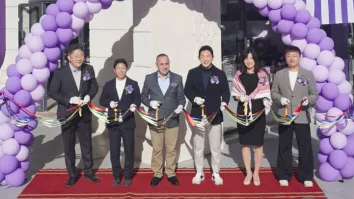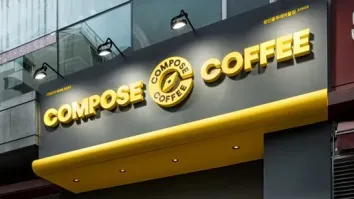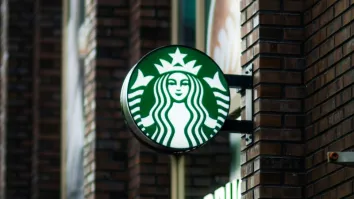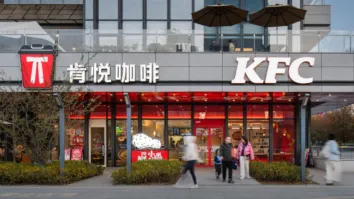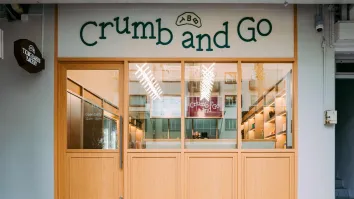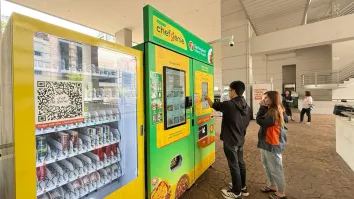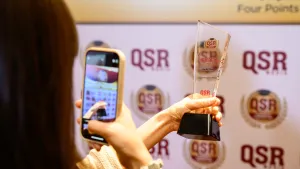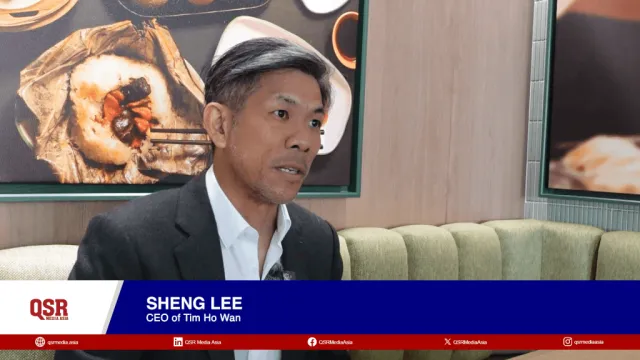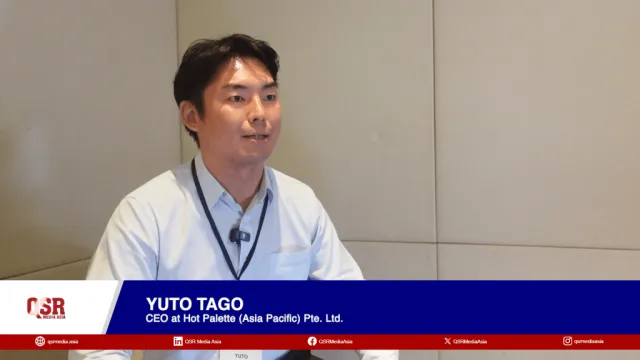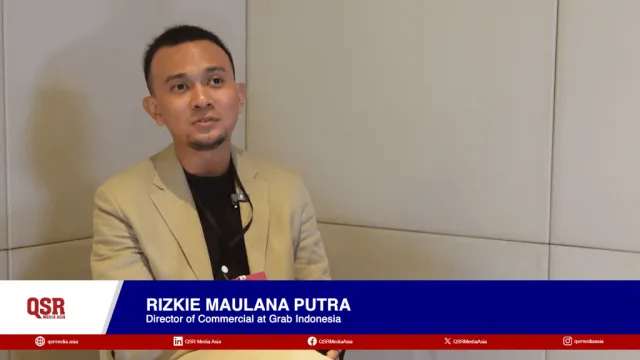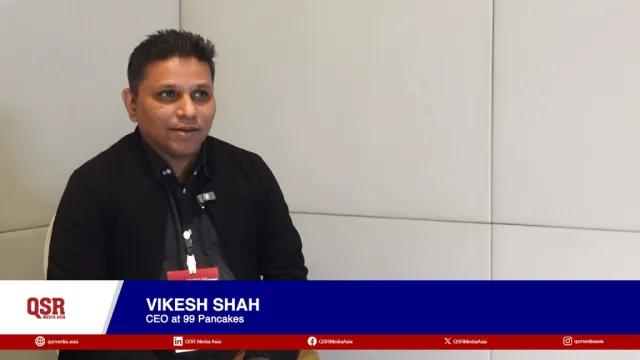
Virtual brands, cloud kitchens will be part of post-COVID environment: Grab
The platform joins the QSR Media Conference & Awards’ much-awaited Delivery Panel.
Food & beverage operations will take on a digital-first approach in their expansion plans, introducing new virtual brands and expanding to new locations through cloud kitchens, according to Saad Ahmed, managing director and regional head of commercial for Grab.
Ahmed joins this year’s QSR Media Asia Conference & Awards for a speaking session and the event’s much-awaited Delivery Panel, happening on 3 September.
He is responsible for leading partnership strategy and building scalable partnership structures for Grab’s online food delivery business across Southeast Asia. Ahmed has over 14 years of experience across sales and business development, management consulting, and corporate strategy.
See our full Q&A with him below:
QSR Media: What emerging trends are you seeing at this stage? How are businesses and consumers behaving?
Ahmed: Covid-19 has profoundly impacted the F&B industry, and changed how we go about daily life. F&B operators continue to experience a decline in footfall due to ongoing social distancing measures.
Consumers are dining at home more often to avoid going out. With some countries seeing a resurgence of COVID-19, F&B operators will be operating in a state of flux for some time.
We think that the pandemic has changed how the F&B industry operate in three ways:
1. Digitalisation as the new industry normal
COVID-19 has brought new segments of merchants and consumers online. From street vendors to fine dining restaurants, F&B operators are experimenting with different ways to cater to consumers at home.
As more consumers become accustomed to the convenience of on-demand food delivery, restaurants are starting to adapt their operations and optimise their offerings for delivery. Examples include adapting their menus and packaging, as well as putting more resources into marketing and advertising to compete for the online consumer’s attention and wallet-share.
2. The rise of meal kits
Many consumers are hesitant to return to restaurants or eateries given existing social distancing measures, or out of fear of contracting COVID-19. This has given rise to new consumer habits – cooking and baking. In Vietnam, for example, 71% of consumers are cooking their meals from scratch most of the time.
This new trend presents opportunities for restaurants and food vendors to introduce meal kits or semi-prepared meals as part of their online offerings. With COVID-19 popularising home cooking, we anticipate the meal kit delivery industry to take off in Southeast Asia. The global meal kit delivery services market size is expected to grow at a CAGR of 12.8% by 2027.
Since the start of the pandemic, Grab has been working with F&B operators and FMCG brands to offer ready-to-cook meal kits on our platform to help merchants diversify their revenues, and cater to a growing group of users who are opting to cook at home.
3. Increased focus on food affordability and “value-for-money” options
The pandemic recession will see consumers becoming more conscious about their daily expenditure. With reduced discretionary spending, F&B operators will have to create more value-for-money options to cater to cost-conscious consumers. Premium restaurants may increasingly offer more affordable menus to capture a bigger share of the pie.
How do you imagine a post-COVID environment would look?
The heightened awareness around safety and hygiene will likely be the most permanent change that will arise from the COVID-19 pandemic.
We have seen this before. In Hong Kong and Taiwan where SARS ravaged nearly 20 years ago, governments adapted their public healthcare systems to be pandemic-ready. These markets also saw user behavior like mask-wearing when sick, frequent hand-washing and sanitization of public spaces, becoming ingrained among its people.
With COVID-19, consumers will seek to reduce their risk of exposure to infection when they venture out. They will likely prioritise F&B outlets that impose stringent hygiene standards, and will turn to quality products, services and businesses.
To gain consumer trust and confidence, F&B operators can further enhance safety and hygiene measures, on top of existing ones including masking up, temperature taking, increased cleaning frequency, contactless deliveries and many others.
For example, some fine dining establishments have built safety and hygiene as part of the experience for dine-in guests, by introducing initiatives such as digital menus, or even AI-powered experiences where robots serve dishes to the table.
In addition, the pandemic has shown us the vulnerability of offline businesses, and the importance of diversification. The post-COVID environment will see F&B operators taking on a digital-first approach in their expansion plans, introducing new virtual brands and expanding to new locations through cloud kitchens.
Less than a month before the QSR Media Asia Conference & Awards: A Virtual Event! Click here to register.


